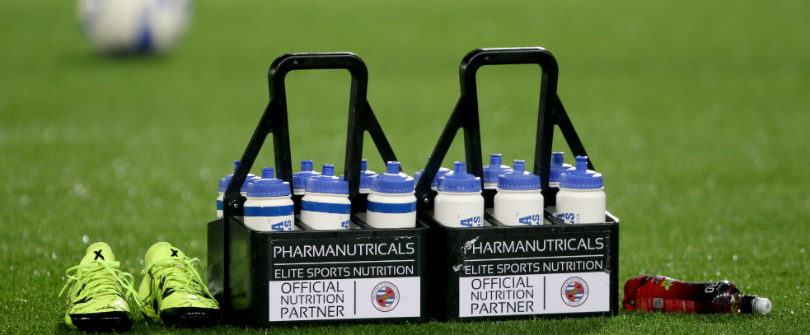Sports drinks v chocolate milk - which is best for recovery?
FFT is never sure what to glug down after a gruelling 90-minute workout, so we found out how we should refill our system

Chocolate milk
Working out would be a lot more fun if we could glug down a pint of lager after a workout, wouldn’t it? Well, modern science is unlikely to suggest we do that anytime soon. However, several experts have backed chocolate milk as a suitable recovery drink. A 2012 study published in the Medicine and Sport Journal revealed a low-fat version of this tasty treat contains a 4:1 carbohydrate: protein ratio. This is the same composition found in many recovery drinks. The same study also found the supermarket favourite to be very high in sodium, which aids recuperation. They advised consuming it within two hours of exercise to replenish the body’s glycogen stores. Lovely.
1.“Chocolate milk is a cheaper alternative to many branded recovery drinks, but the ingredients can often be of poor quality,” says nutritionist Liam Holmes.
2.“The sugar in the drink is cane sugar, rather than a natural source, which means that it has very low nutritional benefit.”
3. “If you have done a light run, there is no need for a high-carb drink like this, as you won’t have exhausted your carb stores.”
Sports drinks
FFT has always been old fashioned and opted for an orange squash in favour of luminous-coloured sports drinks, but it turns out our choice of liquid refreshment may be hampering performance levels. The registered dietician and sports nutritionist, Wendy Martinson, said: “Water is sufficient for short sessions, but for exercise lasting longer than 60 minutes, an isotonic sports drink is recommended.” A study inside the Journal of Applied Physiology also learned that consuming an isotonic drink before and during exercise increased treadmill running time to exhaustion by 27% in recreational runners. That’ll explain why we run out of gas by half time!
Get FourFourTwo Newsletter
The best features, fun and footballing quizzes, straight to your inbox every week.
1.“Sports drinks contain electrolytes – potassium and sodium – which are essential for recovery after exercise,” adds Holmes.
2.“However, be careful to avoid sports drinks which are entirely glucose-based – go for something with a mix of carbohydrates and protein.
3. “Coconut water is a good alternative to sports drinks or chocolate milk as it contains natural sugars and electrolytes.”
WINNER: Sports drinks
